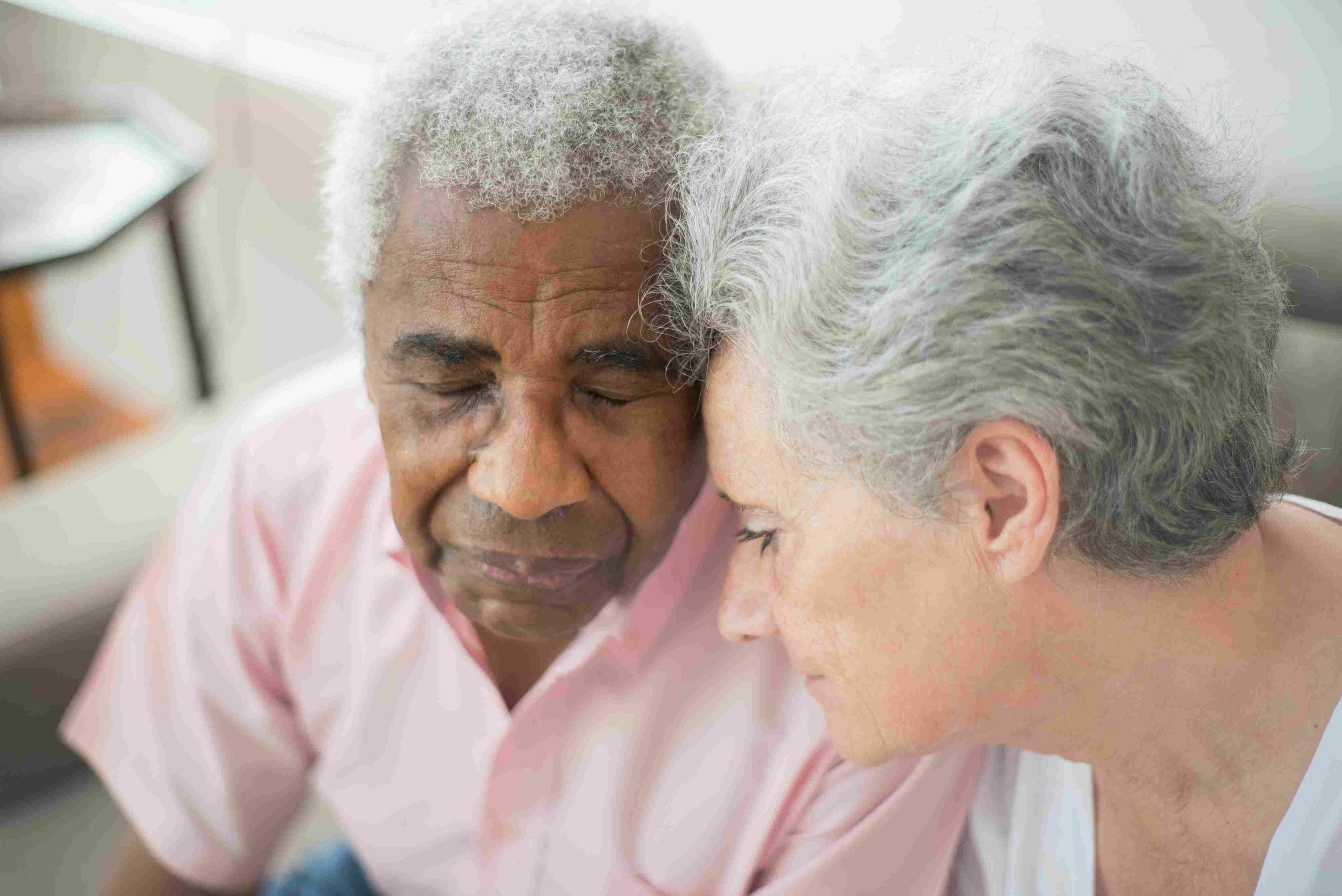
Depression and Relationships: How Mental Health Impacts Intimate Connections
Depression is a pervasive mental health condition that affects millions of people worldwide. Its impact extends beyond the individual experiencing it, often affecting their close relationships and intimate connections. In this article, we will delve into the intricate relationship between depression and relationships, exploring the ways in which mental health can impact and shape the dynamics of intimate connections.
Communication Challenges
Depression can significantly affect communication within relationships. The emotional turmoil experienced by individuals with depression may make it difficult for them to express their needs, articulate their emotions, or engage in open and honest conversations. This breakdown in communication can create misunderstandings, strain, and feelings of frustration or helplessness for both partners.
Emotional Intimacy and Connection
Depression can impede the ability to experience and sustain emotional intimacy in a relationship. The persistent feelings of sadness, hopelessness, and fatigue can make it challenging for individuals with depression to engage in meaningful emotional connection with their partners. This can result in feelings of detachment, emotional distance, and a sense of disconnection within the relationship.
Changes in Libido and Sexual Intimacy
Depression often affects sexual desire and intimacy. The low mood, fatigue, and lack of interest in pleasurable activities associated with depression can dampen the individual’s libido and overall sexual satisfaction. This can lead to a decrease in sexual intimacy and potentially strain the sexual aspect of the relationship.
Support and Understanding
A supportive and understanding partner can play a crucial role in the journey of someone with depression. Partners who are empathetic, patient, and knowledgeable about depression can provide valuable support. Understanding the nature of depression, offering reassurance, and encouraging professional help can help the individual feel understood, cared for, and less alone in their battle.
Relationship Conflict and Stress
Depression can contribute to increased relationship conflict and stress. The emotional and behavioral changes associated with depression, such as irritability, withdrawal, or excessive self-criticism, can strain the dynamics between partners. These conflicts may further exacerbate the symptoms of depression, creating a negative cycle that can be challenging to break without professional intervention.
Seeking Professional Help
When depression affects a relationship significantly, seeking professional help can be beneficial. Couples therapy or counseling can provide a safe space to address the challenges, improve communication, and develop strategies for supporting each other through the journey. Individual therapy can also help the person with depression manage their symptoms effectively and build resilience within the relationship.
Conclusion
Depression has a profound impact on relationships, influencing communication patterns, emotional intimacy, sexual connection, and overall relationship dynamics. It is crucial for partners to acknowledge and address the challenges that arise due to depression, seeking professional help when necessary. With understanding, support, and effective coping strategies, it is possible to navigate the complexities of depression within a relationship and foster a supportive and resilient bond.



